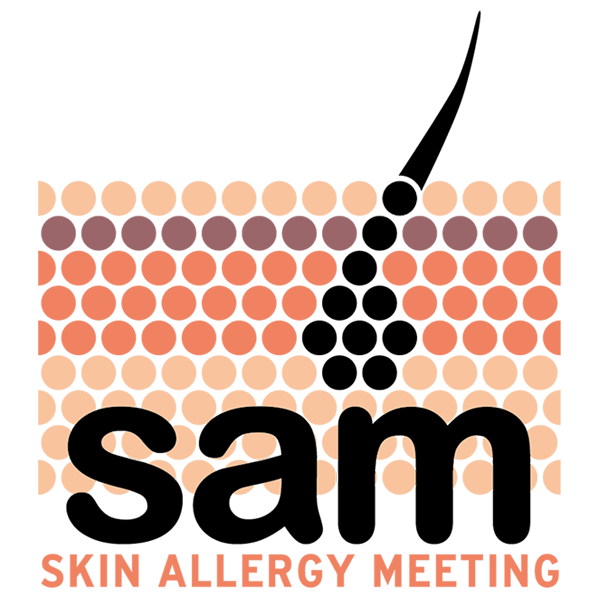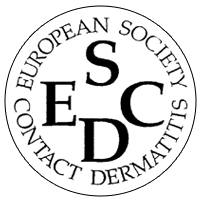-
EAACI
Learn about what we do and who we work with, our leadership, governance, and advocacy efforts.
-
Science
Explore cutting-edge research, publications, and initiatives advancing allergy, asthma, and immunology.
-
Education
Stay informed with comprehensive educational resources and opportunities for career advancement.
-
Events
Through a wide range of scientific events, EAACI provides a highly respected avenue for communication and knowledge-exchange. Find your next event.
-
Patients
Our community constantly works towards improving patient lives. Find resources and information dedicated to allergy and asthma patients and their families and loved ones in this section.
-
EAACI₃H
EAACI₃H is a groundbreaking initiative, comprising three integral hubs: the Research & Innovation Hub, the Public, Patients & Outreach Hub, and the Knowledge Hub.
-
News
Stay up to date with what is happening within the EAACI Family and beyond in terms of research, event updates and more.

